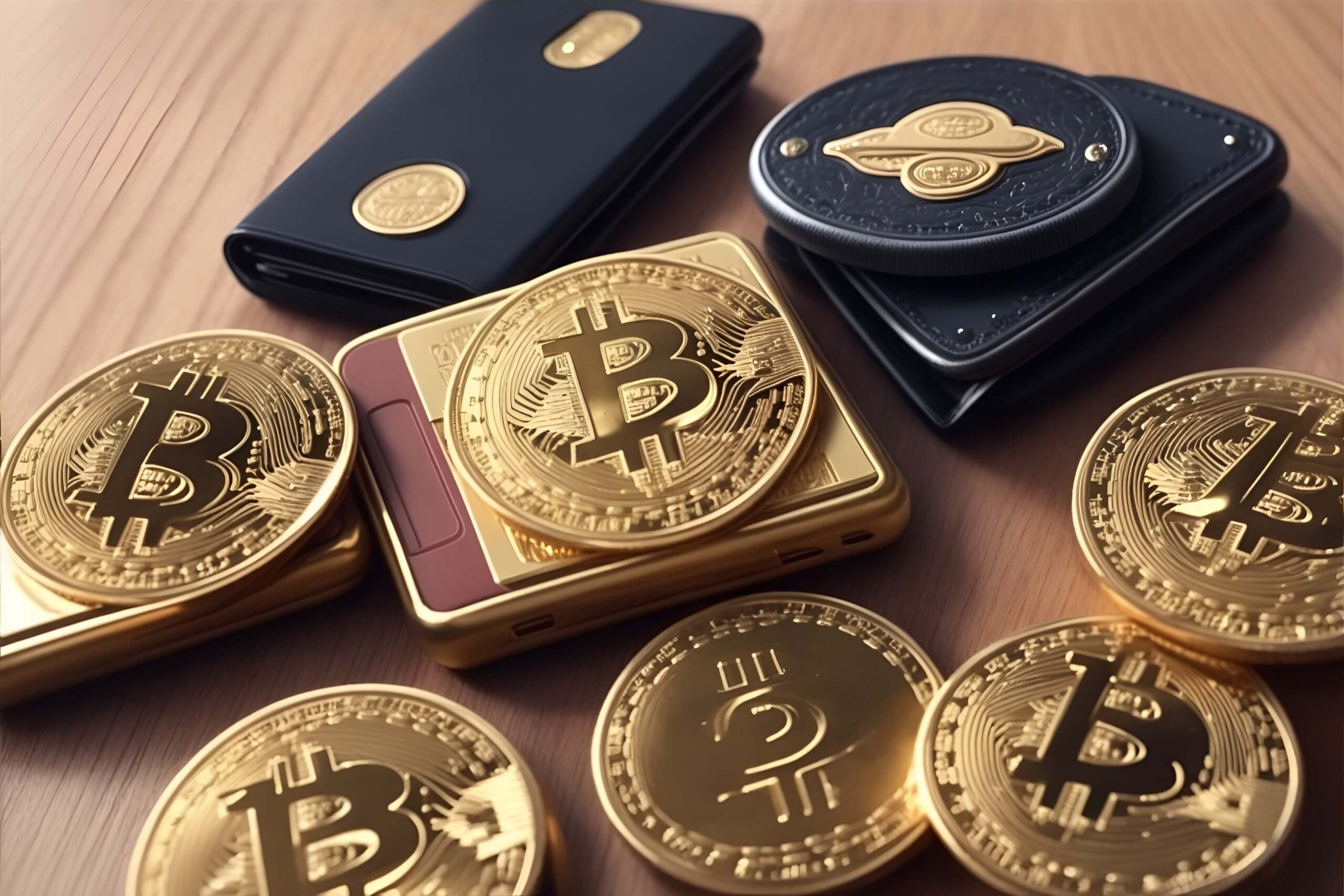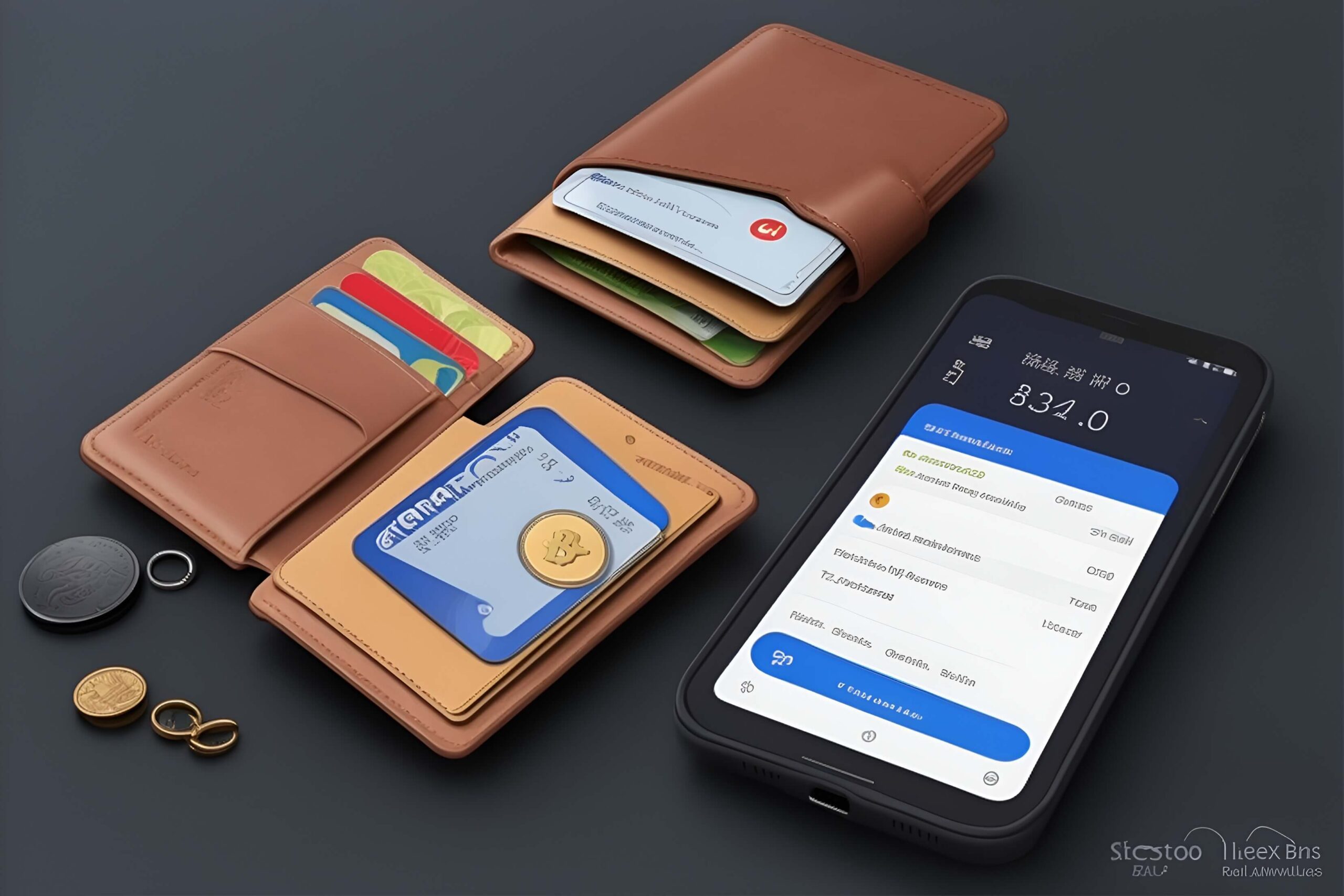In the realm of cryptocurrencies, safeguarding your digital assets is paramount. As the adoption of digital currencies continues to surge, so does the importance of protecting your investments. Crypto wallets serve as the digital vaults for your assets, and their security is only as strong as the measures you take to back them up.
Losing access to your cryptocurrency wallet can be a nightmare scenario, one that has plagued many unsuspecting investors in the past. The world of cryptocurrencies operates on a digital frontier, where the traditional safety nets offered by banks and financial institutions don’t exist.
Imagine a scenario where your computer crashes, or your smartphone is stolen, and with it, your access to your cryptocurrency wallet. Without a backup, you risk losing all of your digital assets, potentially worth a significant sum. This risk isn’t confined to hardware failures alone; software glitches, password mishaps, and even accidental deletions can render your wallet inaccessible.
The digital nature of cryptocurrencies means that they are always at risk from online threats. Crypto wallets, especially hot wallets connected to the internet, are susceptible to hacking attempts. Cybercriminals are continually devising new methods to breach security, and in such a volatile landscape, losing access to your assets is not a matter of ‘if,’ but ‘when’ it might happen.
Methods of Crypto Wallet Backups
 When it comes to safeguarding your cryptocurrency, paper wallets represent a tangible fortress of security in the digital realm. These unassuming sheets of paper hold the key (quite literally) to protecting your digital wealth. The concept is elegantly simple yet profoundly secure. To create a paper wallet, you generate your public and private keys offline, ensuring they never touch the internet, thus thwarting any potential hacking attempts.
When it comes to safeguarding your cryptocurrency, paper wallets represent a tangible fortress of security in the digital realm. These unassuming sheets of paper hold the key (quite literally) to protecting your digital wealth. The concept is elegantly simple yet profoundly secure. To create a paper wallet, you generate your public and private keys offline, ensuring they never touch the internet, thus thwarting any potential hacking attempts.
Once generated, these keys are printed onto a piece of paper, transforming it into a physical representation of your digital assets. To maintain its integrity, you must store it meticulously, away from prying eyes and potential environmental damage. Perhaps in a secure safe, hidden in plain sight among your important documents, or perhaps locked away in a bank safety deposit box, the choice is yours. In the event of a digital catastrophe, having a paper wallet means you can recreate your wallet and regain control over your assets.
Hardware wallets are the digital equivalent of Fort Knox for your cryptocurrency holdings. These dedicated devices are purpose-built to keep your keys offline, rendering them immune to the myriad of malware and online threats that loom in the digital ether.
When setting up a hardware wallet, you’ll be provided with a recovery seed – usually a series of words. These words are your golden ticket to restoring your wallet if, for any reason, your hardware wallet is lost or damaged. The importance of these words cannot be understated. They should be transcribed diligently, and the physical copy should be stored in a secure location – preferably one separate from the hardware wallet itself.
Hardware wallets are user-friendly, offering a level of convenience without compromising on security. They are the guardians of your digital fortune, ensuring that your assets remain safe even in a world filled with digital adversaries.
For those using software wallets, digital backups are the go-to method for securing their cryptocurrency holdings. These backups consist of a file containing your private keys, and they play a critical role in ensuring that your digital wealth remains accessible.
However, the convenience of digital backups comes with its own set of responsibilities. It’s paramount to encrypt this backup file with a robust passphrase, adding an extra layer of security. Storing it on multiple secure devices, such as USB drives or external hard disks, further minimizes the risk of losing access to your assets.
One word of caution: avoid the allure of cloud storage for your digital backups. The cloud, while convenient, can be susceptible to security breaches. Thus, it’s wiser to opt for physical backups that you can control and safeguard.
Best Practices for Crypto Wallet Backups
When it comes to protecting your cryptocurrency, redundancy is not a luxury; it’s a necessity. Relying solely on a single backup method is akin to putting all your eggs in one basket. Instead, opt for a multi-layered approach that fortifies your digital fortress.
By combining different backup methods, such as paper wallets, hardware wallets, and digital backups, you create multiple layers of security. This means that even if one method fails or is compromised, you have alternative measures in place to safeguard your assets. Redundancy ensures that your cryptocurrency remains resilient in the face of unforeseen challenges, giving you peace of mind in the volatile world of digital finance.
 The cryptocurrency landscape is dynamic and ever-evolving. Wallet software constantly adapts to address new security vulnerabilities and emerging threats. To benefit from the latest security features and patches, it’s crucial to keep your wallet software up-to-date.
The cryptocurrency landscape is dynamic and ever-evolving. Wallet software constantly adapts to address new security vulnerabilities and emerging threats. To benefit from the latest security features and patches, it’s crucial to keep your wallet software up-to-date.
Similarly, your backups should reflect the current state of your wallet. Any significant changes, such as adding new assets or addresses, should prompt an update to your backups. This proactive approach ensures that your safety net remains effective and ready to respond when needed.
Creating backups is only part of the equation; testing them is equally important. Regularly simulating the recovery process allows you to verify that your backups are functional and accessible. This practice helps you avoid unpleasant surprises when the time comes to recover your assets.
Testing your backups also serves as a valuable drill in preparedness. It familiarizes you with the recovery process, making it less daunting if a real emergency arises. Knowing that you can confidently restore your wallet in a crisis enhances your overall security posture.
The effectiveness of your backups hinges on where and how you store them. Secure storage is paramount. Consider investing in fireproof safes or bank safety deposit boxes for physical backups like paper wallets or hardware wallet recovery seeds. These secure locations protect your backups from physical damage and theft.
For digital backups, steer clear of cloud storage due to its susceptibility to security breaches. Instead, opt for encrypted USB drives or external hard disks that you can store in geographically dispersed locations. The goal is to ensure that even if your primary storage is compromised, your backups remain secure and accessible.